"I'm struggling": Unemployment influencers and a new approach to LinkedIn jobhunting
Joe Emery is using his battles with mental health and the dire employment market to build a huge social media audience - and he's not the only one.
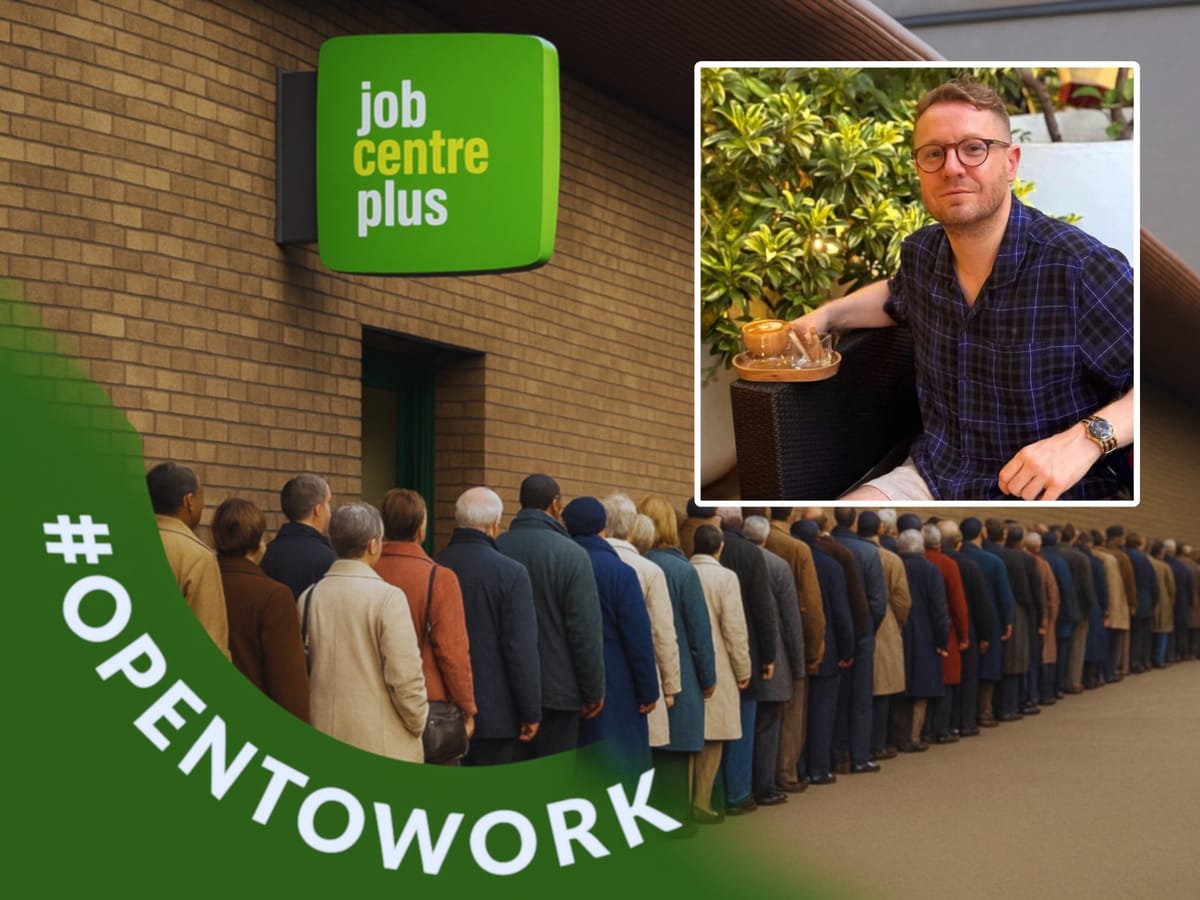
When you’re writing a CV and trying to get a job, there are many truths most of us tactfully leave out. Mental illness? Probably best not to disclose that. Financial struggles? Keep them to yourself. Long period spent unemployed? Think of an excuse - and make it convincing.
The same used to be true on the work-focused social media network LinkedIn, which is best known as a shiny happy hellscape populated by synergy-chasing rockstars manically committed to putting their best foot forward. They're better looking than you, earn way more money and are far too busy crushing it to talk about weaknesses and the challenges of working life.
But there appears to have been a glitch in the matrix - a chip in the looking glass - which started to emerge somewhere between Covid, the launch of ChatGPT and the chaos sparked by Donald Trump’s tariffs.
Joe Emery, 43, lost his job as a copywriter at Virgin Media last year and has struggled to find work ever since. Rather than button his upper lip and stay quiet, he decided to start sharing details of his battles with mental health issues and the grim job market in posts that reached hundreds of thousands, sometimes millions of people.
By revealing his demons and challenges, Joe appears to have found a cheat code that cuts through the noise of social media, actually landing him work, as well as attention.
“Posts in which I open up about my mental health and working situation get me clients,” he tells me in a Zoom call.
No job, huge audience
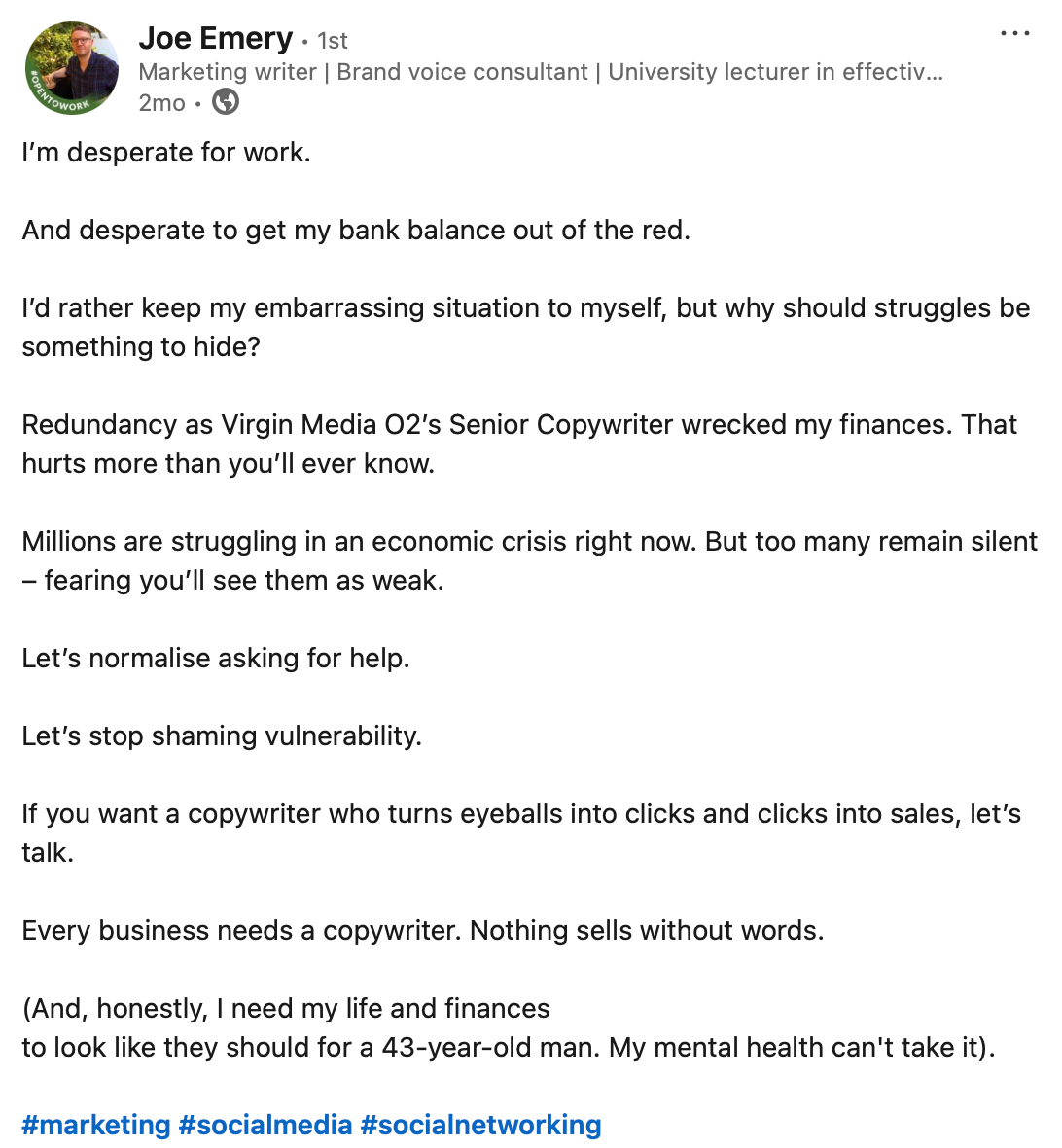
On his LinkedIn profile, Joe describes himself as a marketing writer and brand voice consultant. He’s now become a very different thing: Britain’s leading unemployment influencer.
He has spotted a clear trend in the metrics of his social media account. The more honest and harrowing the post, the larger the audience it receives. But that's not all. When he really digs deep and bares his soul, Joe lands more freelance opportunities. He's the face of a strange new world in which weakness is strength and visibility is everything.
“I opened up about my struggles last year and the post went bonkers," he remembers. "Social media is full of everyone's perfect lives, and people on LinkedIn are always saying they got up at 5 am for an ice bath, then a run followed by an hour of meditation or deep journaling.
“So I think people appreciated some honesty for once and it was a refreshing change from all the fake content.”
AI and the broken jobs market
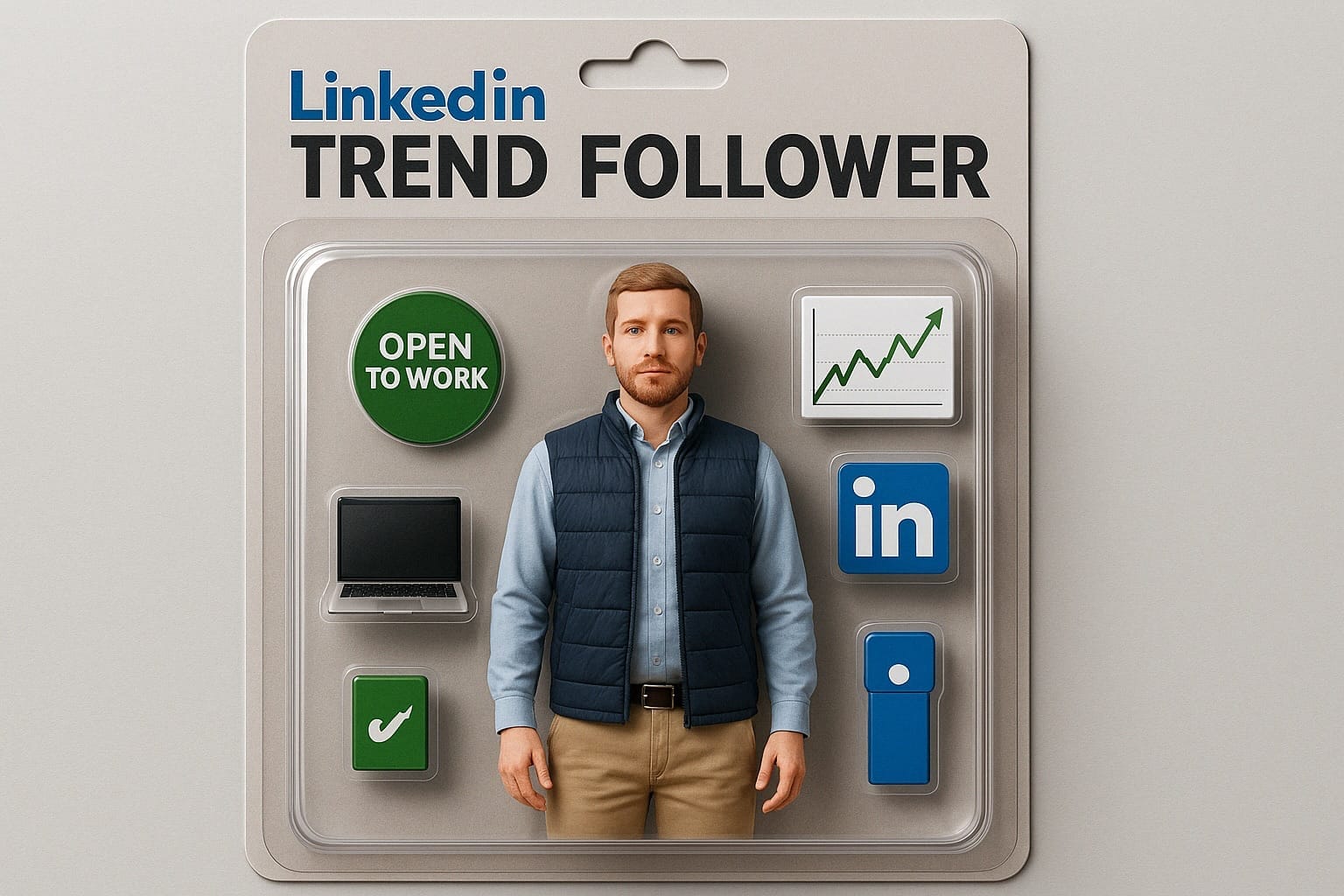
When we meet late in the evening on a Zoom call, Joe is wearing a rather fetching silk paisley-print dressing gown. In another age, it might have been called a smoking jacket. Unmarried and childless, he lives alone in Upminster, Essex, just outside London. Behind him is a view of a messy kitchen, which probably could've done with a little bit of tidying up before our conversation.
“I've lost a few jobs since Covid,” he tells me in a Zoom call. “None of them were my fault. I’ve seen whole marketing departments cut and thousands of people let go in a matter of months. It’s impacted me.
“I don't have savings and I've got to rebuild both my finances and my mental health. So I'm open about it and I get loads of messages from people, particularly men, saying that I'm brave for sharing my difficulties. Which I'm not. The firefighters who went into the burning Twin Towers are brave. I just share my struggles.
“A lot of people say: 'I would never have the courage to be as open'. There is a stigma attached to being desperate and asking for help.”
This remarkable tactic is a response to a truly grim employment market. AI is starting to eat into human jobs, with tech sectors and creative industries like copywriting taking a battering.
The problem is compounded by the totally broken online model of finding jobs, in which hundreds or even thousands of totally unsuitable candidates bash the “easy apply” button and drown out dozens of semi-decent job seekers. AI systems are supposed to weed out the inadequate or unsuitable, but are so ludicrously oversensitive that they inevitably end up rejecting perfectly good workers.
READ MORE: OpenAI bins "sycophantic" ChatGPT update after "Glazegate" backlash
This means that desirable traits like the fabled ability to “think outside the box” now represent career suicide when your future is being determined by a machine looking for keywords. Unless your application is unbelievably formulaic, recruiters won't see your CV. And if they do, you're competing against vast numbers of chancers (and the odd underemployed genius) from across the world. Getting a job can sometimes feel impossible.
I ask Joe what he thinks is the problem of stopping him and many other people from landing a good job.
“This is probably a bit of a left-field opinion, but I don’t believe it’s AI,” he says. “The reason I’m struggling is because of the economic downturn, the cost of living crisis, war, Brexit, Covid and political incompetence. Because if we weren’t in a war, cost-of-living crisis, redundancy bloodbath and economic downturn, I don’t think I’d be struggling. I think we need to stop blaming AI."
Rise of the unemployment influencer
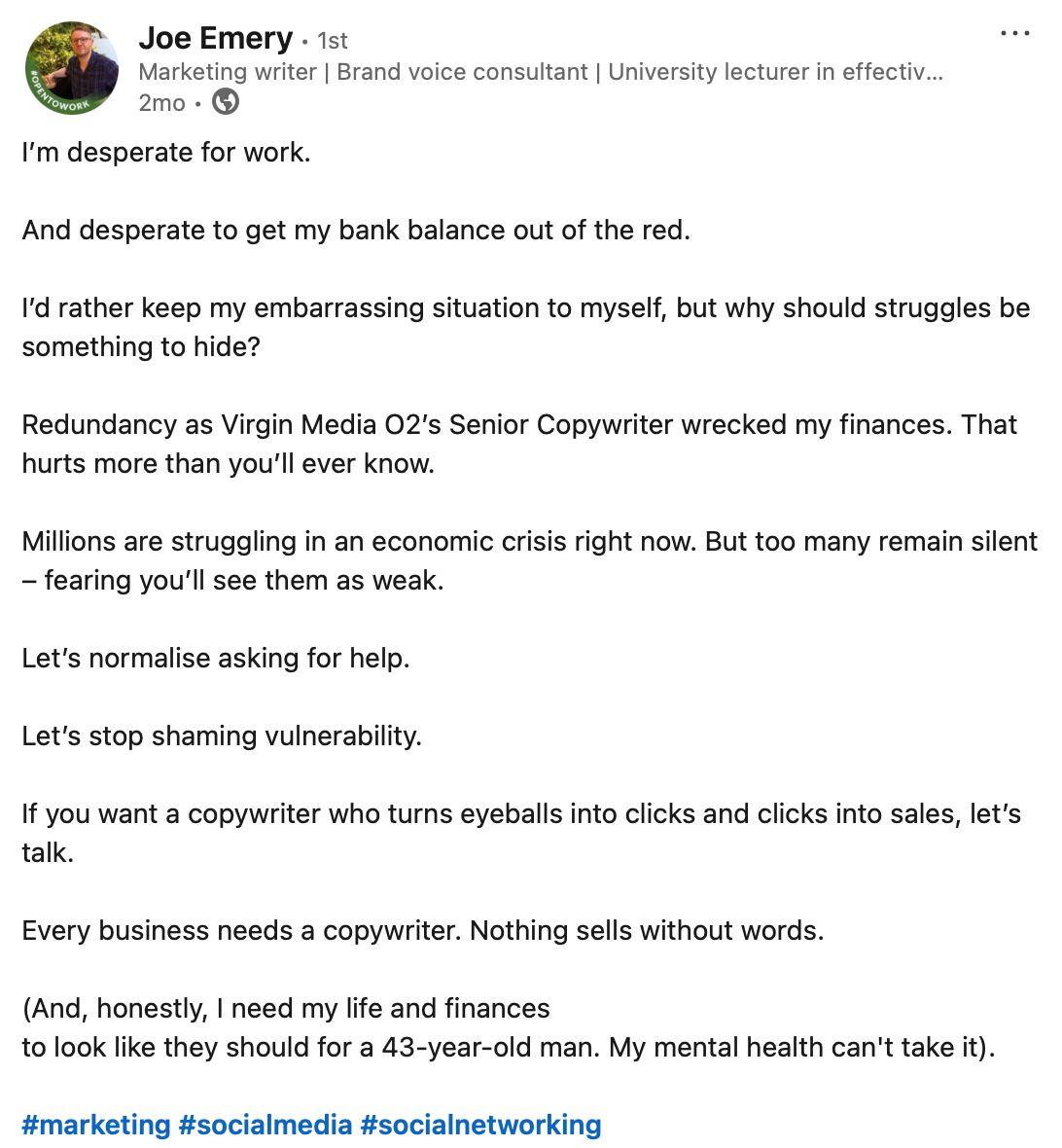
Joe's career started with a back office job in banking. “I hated it,” he confesses. “It was boring, horrible checklist stuff.”
After writing a letter to the marketing department, he gradually made a move into producing more and more copy before he landed a full-time job as a copywriter.
He says: “What’s good about copywriting is the earning potential is pretty much unlimited, really - if we’re in a good economy. My brother’s a teacher in Thailand. He loves it, but his wages will always be capped, and he has to work night and day.
"He comes home and he has to tutor just to keep things going. But he loves his job. That’s the thing. His wages will reach a ceiling, and they probably already have, and he’s still got 25 years of his career left.”
In the good times - and they still do happen because Joe is clearly skilled and generates enough freelance work to keep a roof over his head - he charges £75 an hour or “sometimes more if Goldman Sachs comes knocking”.
“I don’t really specialise," Joe says. "I would love to say I focus only on B2B or the film industry, but I can’t at the moment. If you’re an accountant or if you’re in dairy, I’ll consider writing for you.”
READ MORE: The dark side of the LinkedIn AI action figure trend
I work as a copywriter myself and don't charge anywhere near that, even though I've been a journalist for 20 years and am pretty good at putting words on a page (or so I'm told anyway). Earning 75 quid an hour works out to £600 a day. That’s pretty good money, right? Joe’s posts make it look as if the shit is really hitting the fan and everything is about to collapse. So is life better than he's making out?
“No," he states bluntly. "It may sound like I charge a lot, but I'm not working full time for 75 pounds an hour. If I was working a full week on that rate, I'd be in a lot better position. But I'm not.”
Which is where the reality starts to bite. Joe is clearly an excellent writer and a clever man. He's also extremely driven, it appears to me. He's built up an email list of about 650 warm and cold targets, whom he emails from time to time to try drumming up business at work.
Yet even when pitches are successful, clients sometimes only commission one piece and then disappear into the sunset. Others appear interest and then ghost, or simply don't reply. Like all freelancers, for Joe the hustle is semi-constant and often appears to have limited payback.
There are also many time wasters but book meetings but never go any further. In a good economy, this is a pain. In a bad economy, those wasted hours spent on calls that go nowhere are an existential threat to anyone who works for themselves.
“In the last year, I've had about 650 discovery calls and I've only worked with 20 of them,” he tells me. “That’s about 3%. I used ChatGPT to work out how long those calls wasted in total. AI has its uses! It told me I spent like a month on discovery calls that haven't gone anywhere.”
Yet with 36,000 followers and a public profile most company leaders could only dream of, something tells me that Joe’s woes won't last forever - although he's certainly not vastly optimistic about the wider state of the world.
Should you become an unemployment influencer?
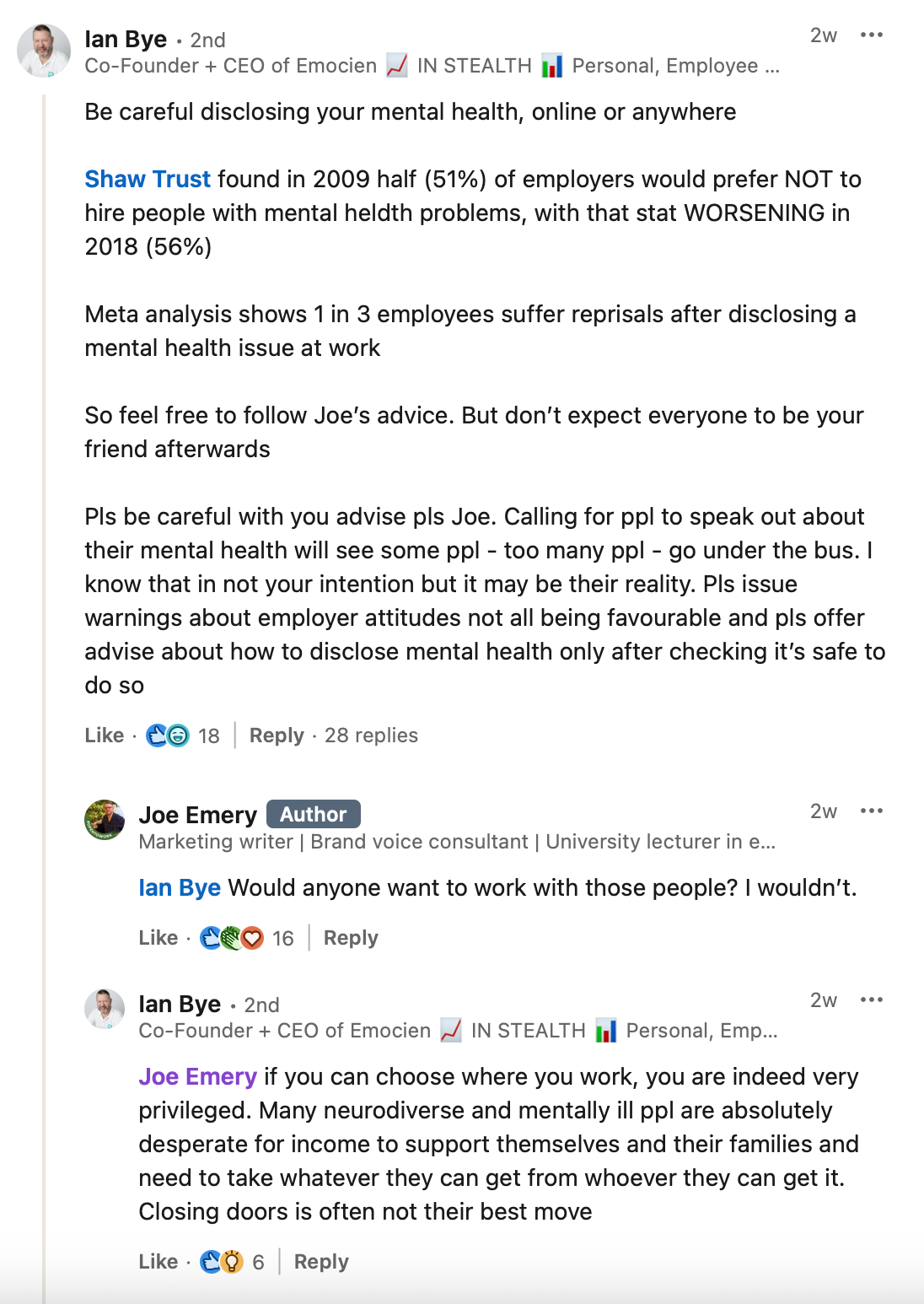
Joe is also far from the only unemployment influencer out there. In fact, it's becoming something of a trend for people who are out of work to share stories of their difficulties. These posts get an audience because most of us are terrified of being unemployed or out there struggling to find work. They speak to our pain and fears.
“Go on LinkedIn now and I guarantee you will see someone saying I've been out of work for 300 days and am struggling,” Joe says.
But is this actually a good idea if you want to land a job? We spoke to some social media marketing and personal branding experts to find out.
Jacqueline Keidel Martinez, president of Digital HQ, works with senior executives and coaches them on how to achieve visibility.
She says: “The one thing I return to over and over again is vulnerability. It's no longer enough for executives to just sit in the board room - they now need to pull up to the lunch table.
“At a time when people lead with skepticism and distrust in government and business is at its highest, sharing that part of ourselves that doesn't quite fit inside a neat corporate box is the antithesis.
“So, C-level executives are sharing about their biggest failures, their worst fears, or their most heart-breaking losses, it clears the path for others to do the same.
“While I of course don't recommend speaking negatively about specific people or companies, using LinkedIn to shed light on struggles, share good news, or recommend new ways of doing things is both a cathartic experience for the unemployed person and a strategic way to showcase their resilience, skillset, and personality to any potential recruiter or hiring manager who may be watching.”
READ MORE: Apple patents sinister worker monitoring technology that can expose daydreamers
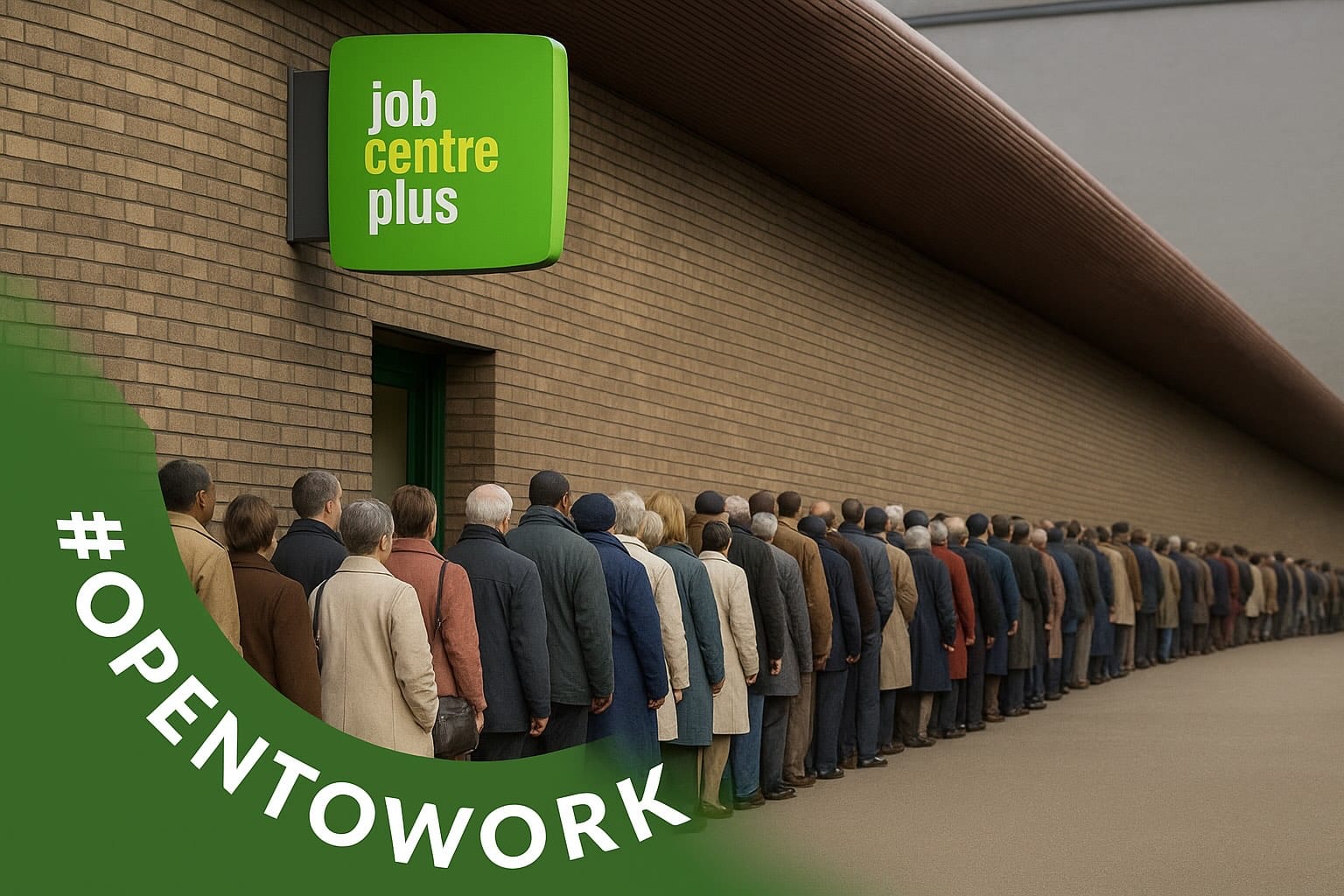
Phil Szomszor, co-founder of Brightside Digital Engagement, also tells Machine: “I really believe that, in the main, people want to help or congratulate others’ success on LinkedIn. So, it’s no surprise that when people have been made redundant or struggling in some way, these kinds of posts gain a lot of traction. And sometimes they get into the flywheel and explode.
"Is it a good idea? It’s going to come down to the individual and their appetite to be so open. On the plus side, there’s no doubt it can help get a new role. But it has to be genuine and done for the right reasons - i.e. not as part of an elaborate personal brand-building exercise. There is enough fakery on here, and people often see through it or are sceptical.”
He advised against moaning about old bosses or employers because “it’s not a good look, and people have long memories”, whilst being sure to focus on the positive and be clear but exactly what you're looking for, such as such as a new role or simply advice. Share pictures by all means, he advises, but be sure to avoid coming across like the “Crying CEO” who fired two people and then sparked a backlash by posting an image of himself weeping on LinkedIn.
He adds: “Does it look desperate, or make you look like a failure? Personally, I don’t think so. But it depends a lot on how its done. It needs to feel authentic, and a bit of humility goes a long way too. Also, it doesn’t have to live on your profile forever. If it leads to the job of your dreams, there’s nothing stopping you deleting it afterwards if you really want to!”
Have you got a story or insights to share? Get in touch and let us know.




